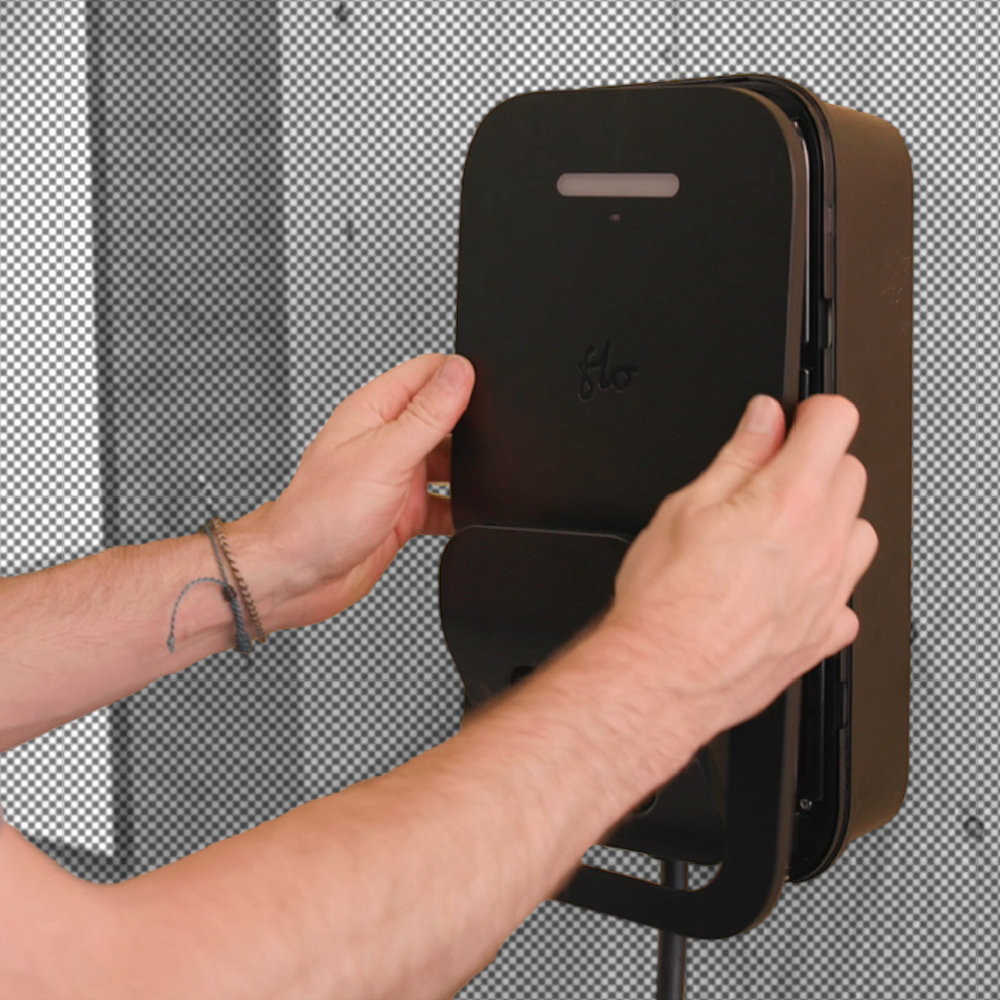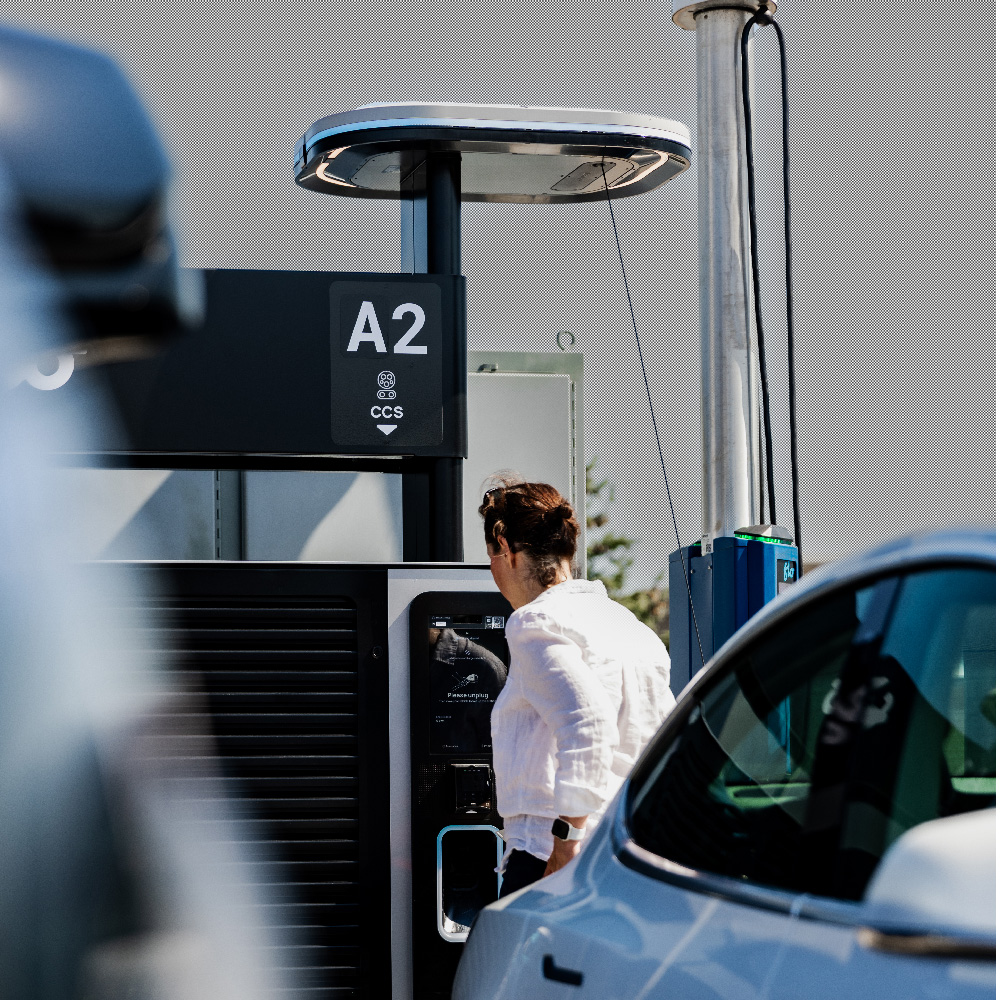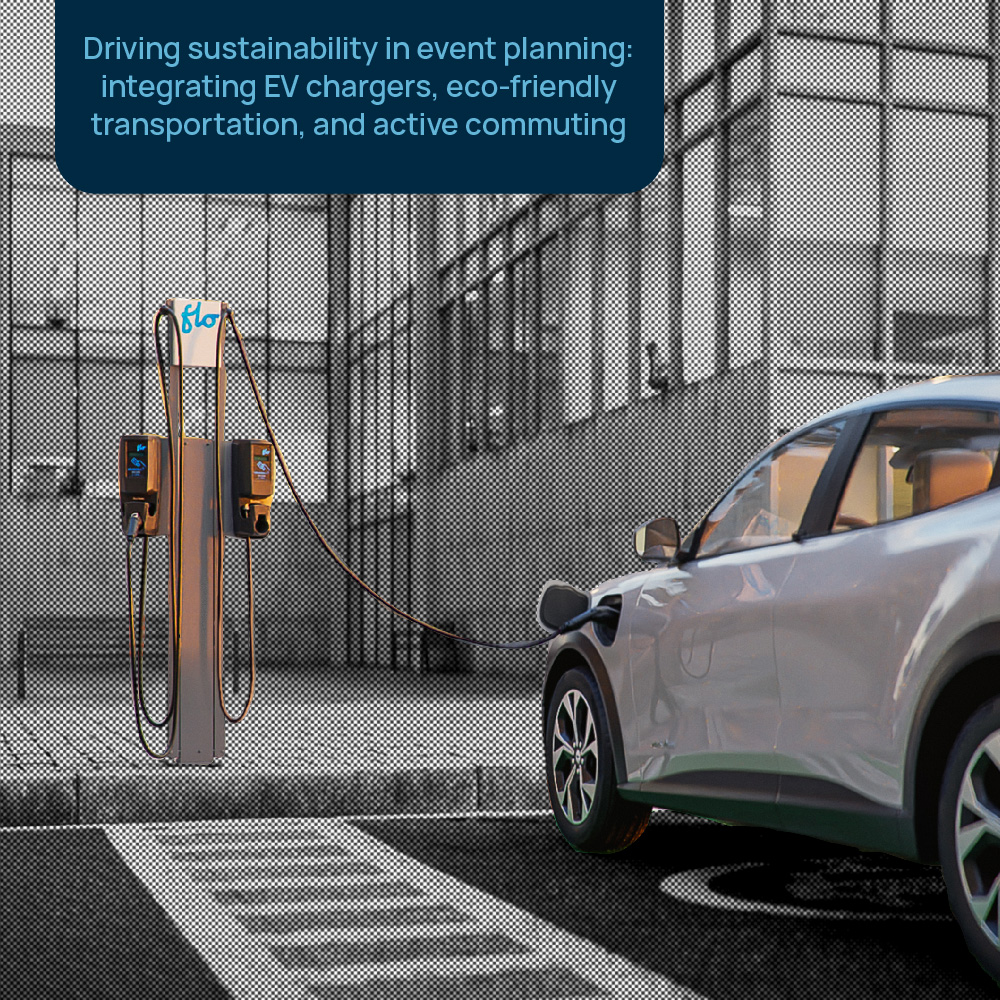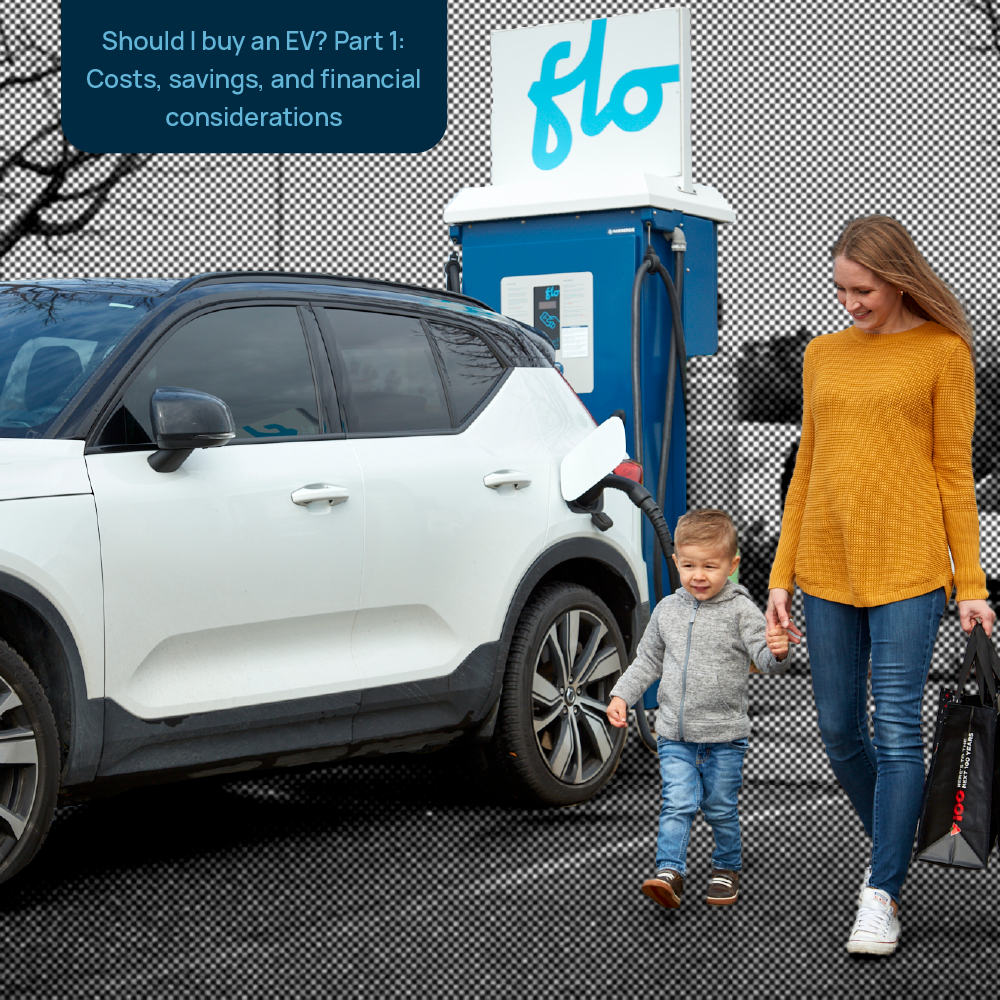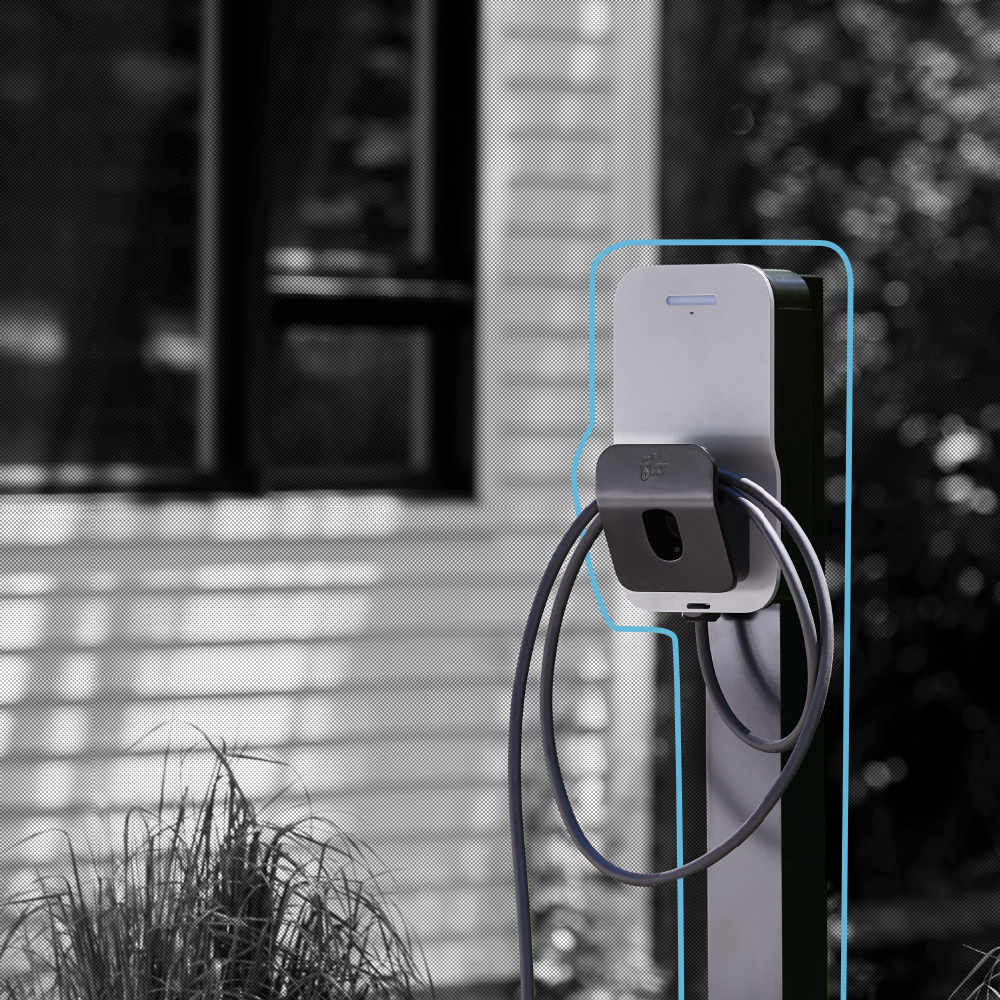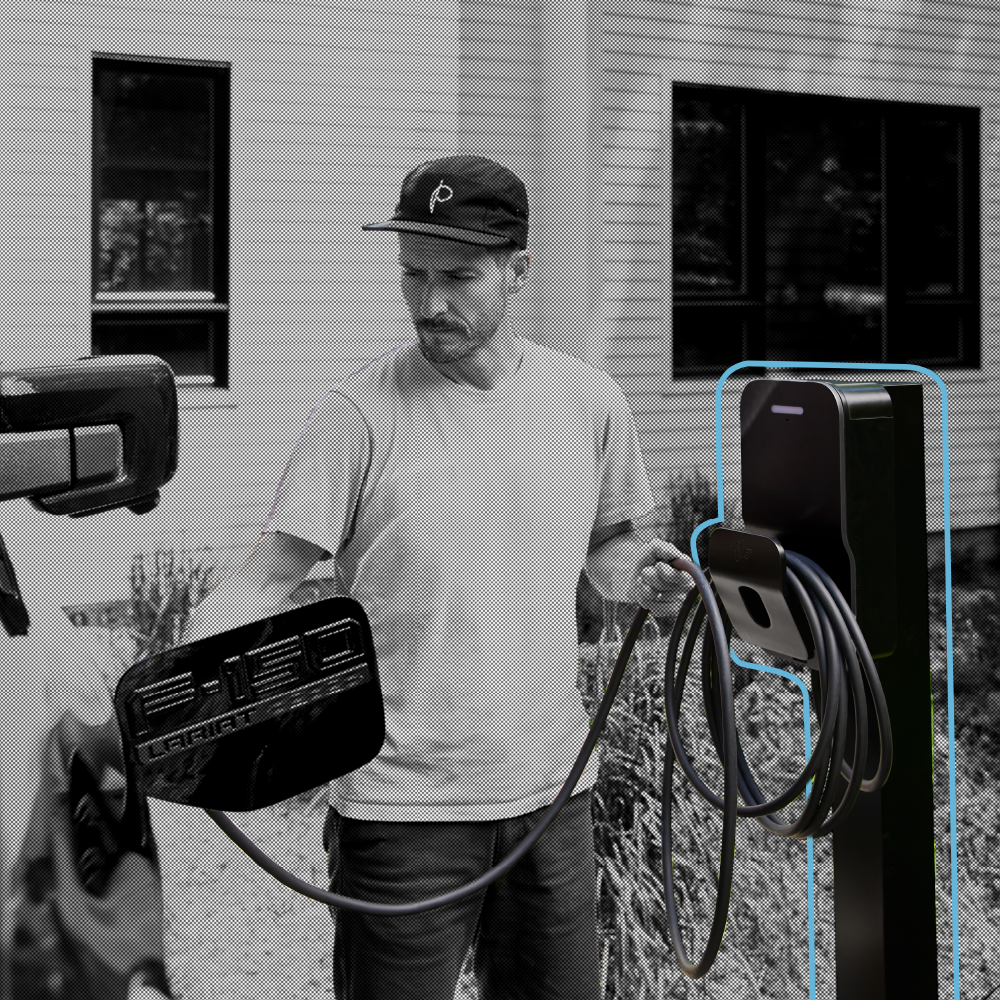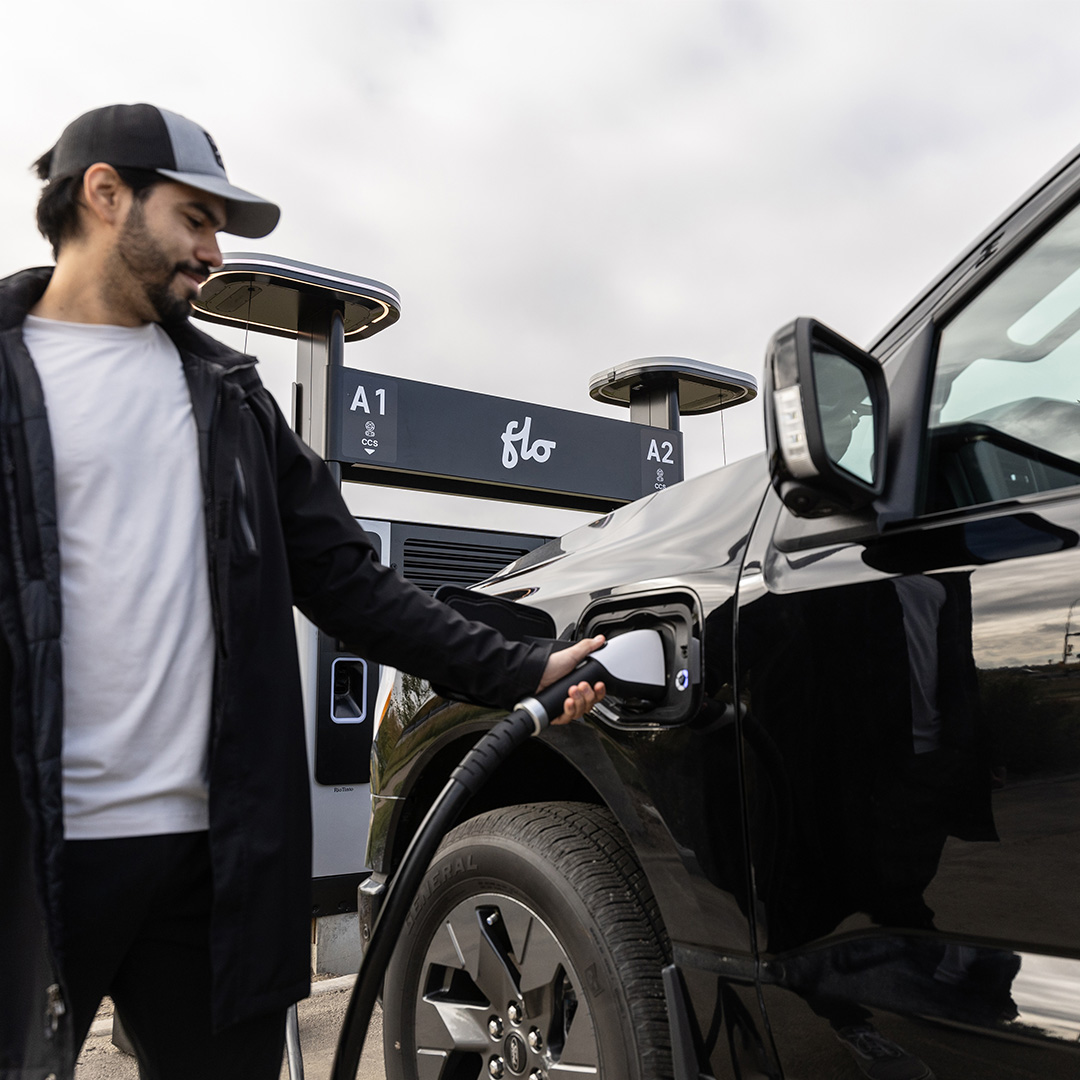The real cost of installing a home EV charger: What you need to know
One of the first steps to ensuring your EV experience is smooth and convenient is setting up a Level 2 home charger. With a Level 2 charger, you can wake up every morning knowing your EV is fully powered and ready to go. Many seasoned EV drivers quickly realize the benefits of upgrading from a Level 1 to a Level 2 charger—so much so that 60% of those surveyed initially thought they could manage with Level 1 are now seeking an upgrade. But how much will it cost to install one? Well, that depends. It’s not a one-size-fits-all price, so let’s break down the factors that impact the cost before adding up the average costs.
Factors affecting installation costs
Several factors can impact the cost of installing a home EV charger. Here’s a closer look at what might affect your budget:
NEMA outlet availability
If you already have a NEMA 14-50 outlet (commonly used for RVs and dryers), you might be in luck for a much cheaper installation. However, it’s crucial to have a certified electrician verify that the outlet is suitable for the continuous current flow required for EV charging. Unlike your dryer, which doesn’t typically run for eight hours straight, an EV charger demands a steady and prolonged power supply. Spending a few extra dollars to make a recommended upgrade to your outlet box is a wise investment to ensure safety and reliability.
While a hardwired installation is usually preferred for its stability and efficiency, if you already have the infrastructure in place, a NEMA 14-50 outlet can be a cost-effective alternative. Get yourself a charger with a NEMA 14-50 plug and make sure your outlet is up to the task to handle the demands of your EV charger.
Cost: Getting a certified electrician to verify your outlet is up to the task or installing a new NEMA outlet can range from $50 to $800.
Electrical panel capacity
One of the primary expenses when installing a home EV charger is often tied to the capacity of your electrical panel. Most Level 2 home charging stations that match today’s onboard charging speeds are rated up to 50 amps, or even 80 amps for some high-performance vehicles but since every home’s energy usage is different, not all homes may be readily equipped to support this.
For example, older homes may only have 60-amp panels, while newer or larger homes might have 200 amps or more. Depending on your panel’s capacity, you might need an upgrade or adjust the amperage to ensure your home can handle the additional load of an EV charger without maxing your breaker capacity. You may need an adjustable amperage EV charger that will allow you to downrate the charger to stay within your panel’s capacity. A licensed electrical contracting business can help you determine your needs.
DID YOU KNOW?
The amperage of the circuit breaker must be 125% of the charging station’s rated output. So, if you want to use the full 50 amps, you’ll need a 70-amp circuit breaker (technically, you need 62.5 amps but standard breakers come in even sizes so you have to round up!). However, if you have a charger with adjustable amperage, you can lower the amperage to save on installation costs while future-proofing your setup for higher power needs in the future.
For example, using 48 amps requires only a 60-amp breaker. Opting for a 60-amp breaker instead of an 80-amp one allows you to use a lower gauge wire, potentially saving around $0.50 per foot. Alternatively, you can set the charger to 40 amps, which would only need a 50-amp breaker or a NEMA 14-50 plug outlet.
Cost: Most people have enough space in their electrical panel and will only need to spend a few hundred dollars for installation by an electrician. However, if you need to upgrade your electrical panel, your costs will be on the higher end of the typical range of $200 to $3,000.
Distance from panel to installation location
The distance between your electrical panel and the installation location of your charger significantly impacts the overall installation cost. The farther your charger is from the panel, the more expensive it becomes to run the necessary wiring. For example, if your garage or driveway is a considerable distance from your panel, your electrician might need to trench wiring outside or run it through walls and ceilings, which increases complexity, labor, and material costs.
Indoor vs. outdoor installations also affect costs. For outdoor installations, you’ll need a hardwired solution or a properly set up ground-fault circuit interrupter (GFCI) outlet for safety. Additionally, you’ll need a weatherproof charger, which can increase your initial expense but worth it in the long run to get the most of your investment.
By carefully planning the location of your charger and considering its proximity to your electrical panel, you can potentially save on installation costs while ensuring a smooth and efficient setup.
Cost: Expect to pay around $10 to $20 per foot for wiring and trenching.
Permits
Some places require permits for electrical work, which can add to your overall costs but they also help ensure your installation meets local building codes and safety standards. The cost of permits varies depending on your location and the work required.
Cost: Typically around $50-$200
Uncommon cost: Aluminum to copper wiring upgrade
The type of wiring in your home can significantly impact the cost and complexity of installing a home EV charger. Previously, if you had aluminum wiring in your house it would require an expensive change to copper wiring. Many people have concerns around aluminum wiring but recently there has been a resurgence of aluminum wiring used in new housing builds due to cost efficiency. This is not the same aluminum wiring of the 1960s and 1970s. If you have aluminum wiring, look for chargers that are compatible with safe, aluminum wiring which can drastically reduce your installation costs by leveraging your existing infrastructure.
Cost Difference: A complete home rewiring project could exceed $8,000 , but most likely your electrician will be able to suggest some cheaper alternatives to run one copper line if your charger is only available for copper wiring.
Read more: How do I choose a home EV charger?
Adding it all up
As you can see, installation costs can vary widely based on your specific circumstances. Generally, you can expect these costs to range from $1,000 to $3,000, excluding the price of the home charging station. However, you should check out our list of local government entities and utilities that offer rebates or incentives for FLO Home and EV charging installation which might put some cash back in your wallet. By understanding the factors that impact installation costs and any incentives available, you can make a more informed decision.
Installing a home EV charger is an investment in convenience and the future of driving. Trust FLO Home charging stations to meet your various needs, all backed by a 3 to 5-year warranty. Want a no-obligation quote tailored to your setup? Simply answer a few questions to get a free, immediate quote from our partners and take the first step towards a greener, hassle-free driving experience.





